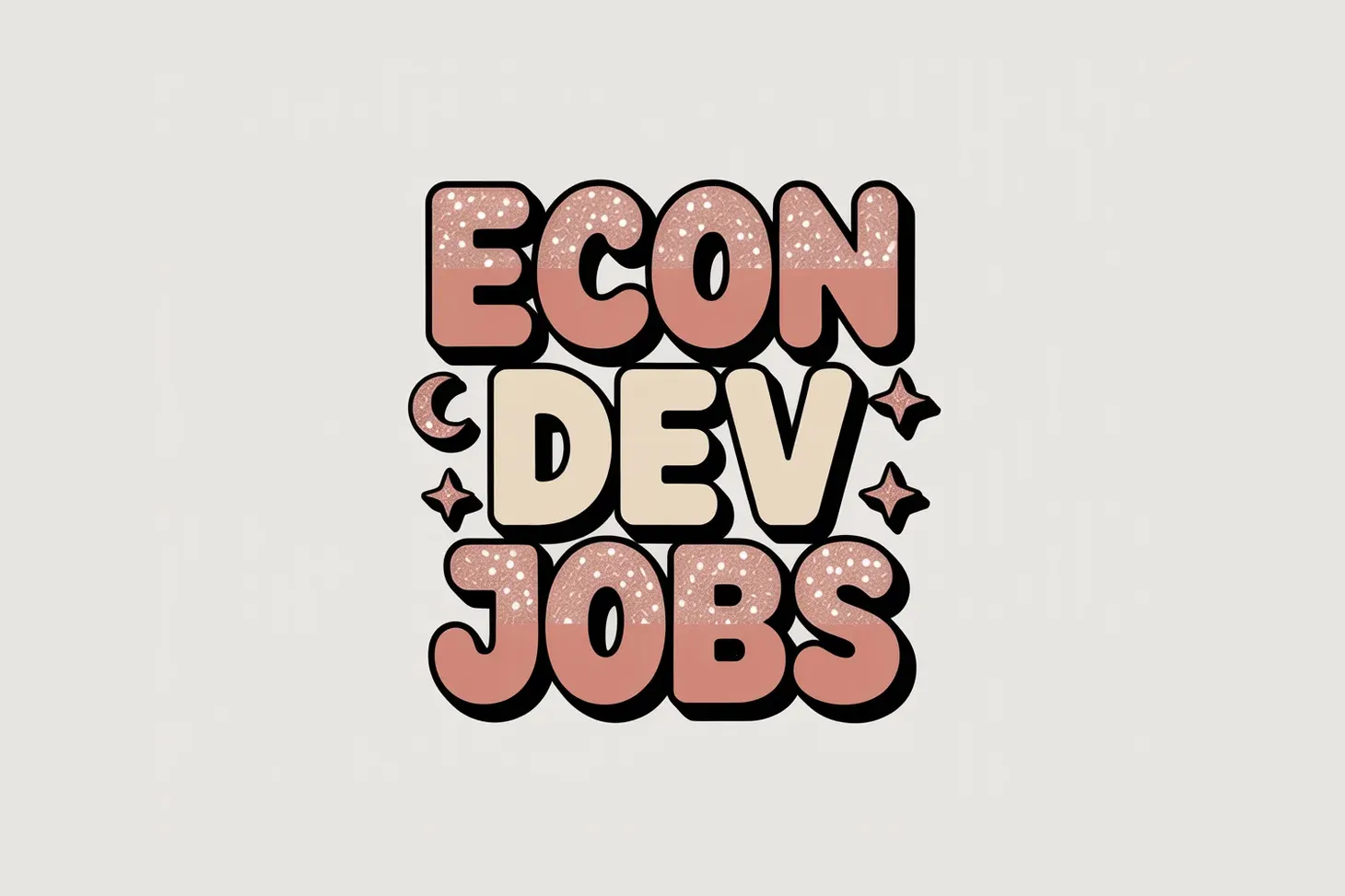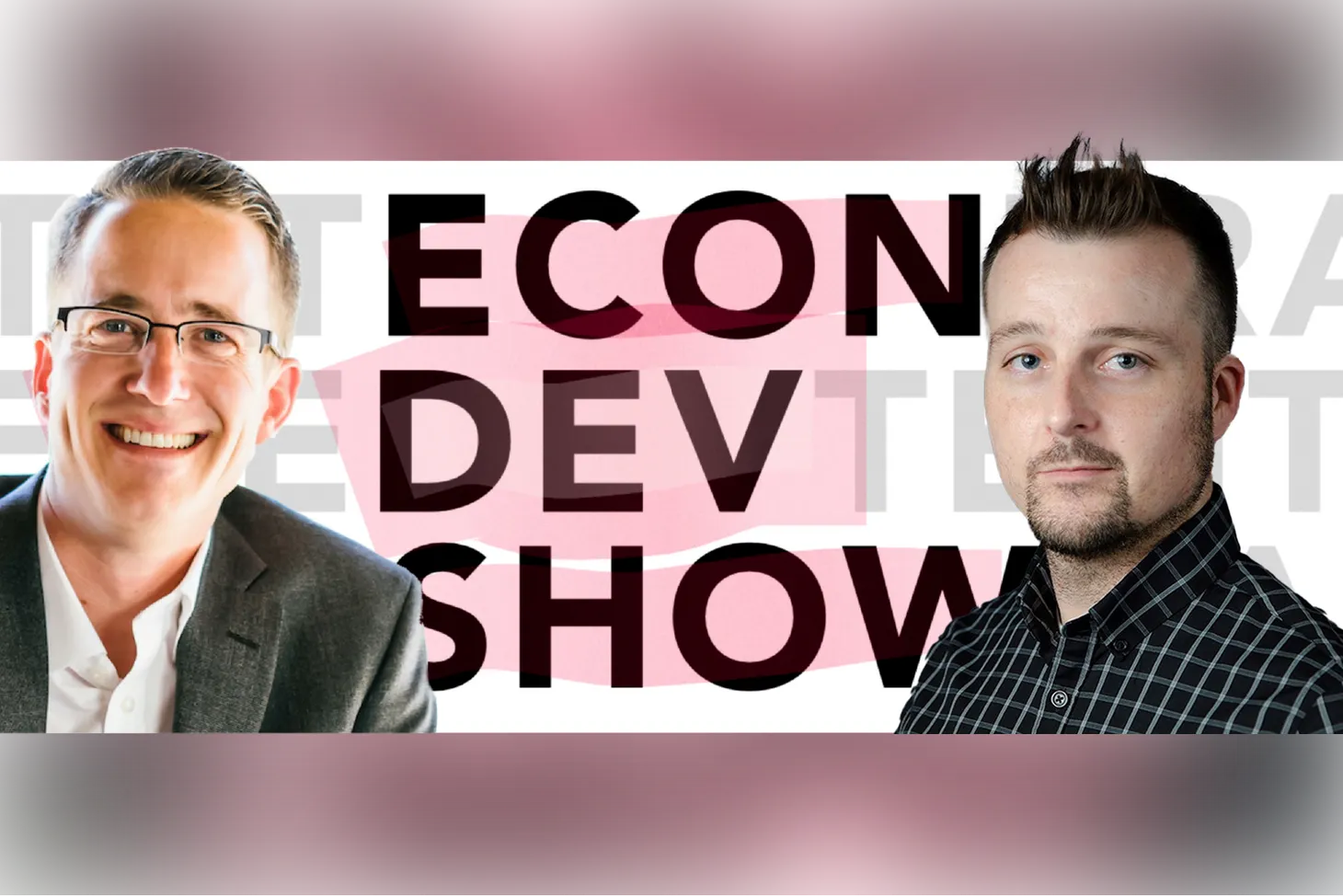Rethinking Economic Development Through the Lens of Holidays
The Thanksgiving Strategy vs Christmas Strategy

Table of Contents
Last evening, as my wife and I strolled through our neighborhood admiring the festive lights, she remarked something that made me pause and thinking about economic development:
Thanksgiving centers around a single lavish meal, but Christmas unfolds as a month-long celebration.
If you eat one Thanksgiving meal, you can't eat another. Not in the same way. Sure you can rush from house to house, snacking on morsels, and leftover pie, but you can only truly enjoy one Thanksgiving experience.
Christmas, in contrast, is an entire season steeped in ongoing festivities, and community spirit. You can enjoy the Christmas lights, candy, cookies, wrapping, singing, and gift-giving over and over throughout December.
Imagine two neighboring towns, each preparing for the holiday season in their own unique ways.
One town, let's call it Incentiville, follows traditional economic development strategies. They roll out the red carpet for businesses with enticing tax credits and financial aid, hoping to draw them into their community. Picture this as their Thanksgiving dinner approach: a grand, once-a-year event aimed at impressing and attracting guests with an opulent feast. It's competitive as if saying, "Come to our table, not the one next door."
In contrast, the other town, Qualityville, takes a different route. They invest in parks, community events, good schools, and local culture, akin to the spirit of Christmas, where the emphasis is on continual giving and community building. Rather than a single grand feast, they focus on creating an environment that consistently nurtures and attracts residents and businesses alike, year-round. This isn't just about laying out an impressive spread; it's about making every meal, and every interaction in the town something memorable and inviting.
Incentiville's approach, while effective in the short term, is indeed a zero-sum game. Each business they attract is one less in another community. It's like having the biggest turkey at Thanksgiving -- it's impressive, but it doesn't necessarily make the overall pie bigger. It merely shifts where people eat their holiday meal.
Qualityville, on the other hand, embodies a more regional impact. Improving quality of life has a spillover effect. Like the joy and decorations of Christmas, it doesn't just stay within one home; it spreads through the neighborhood, lifting everyone's spirits. As Qualityville becomes more attractive, it doesn't just benefit its residents; neighboring areas also see an uptick in tourism, shared cultural events, and even an influx of businesses seeking a vibrant community.
Turns out that traditional business incentives are like a Thanksgiving strategy -- impactful but limited in scope and potentially zero-sum. Quality of life improvements are more like the Christmas approach -- fostering a continuous, inclusive environment that benefits not just one town, but the region as a whole.
As communities plan their economic development strategies, maybe it's time to think beyond the feast and toward nurturing a festive spirit all year round.
Econ Dev Show Newsletter
Join the newsletter to receive the latest updates in your inbox.


